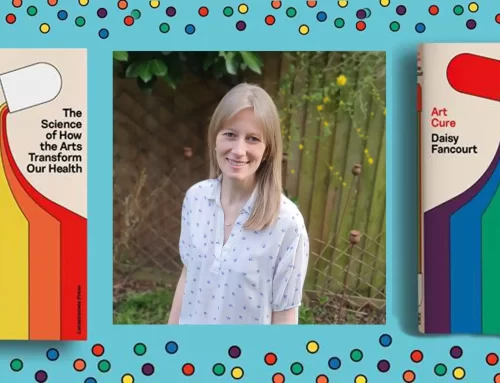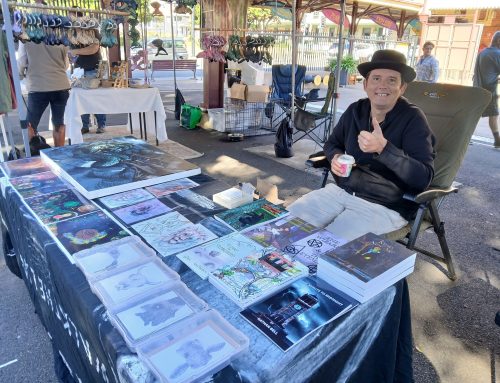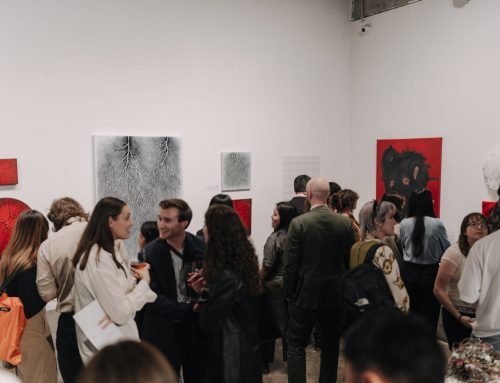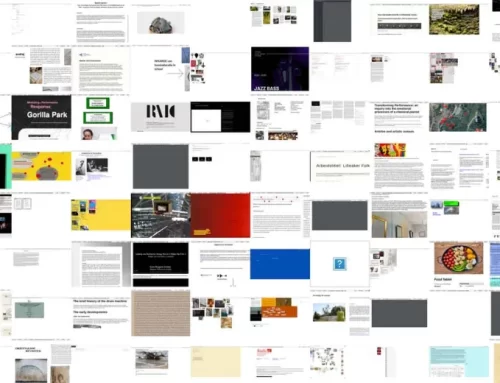AHNNA was proud to offer a webinar on the ‘State of the Art’ in arts and health policy in Australia with hundreds registering to attend.
If you missed it, you can see the recording here: https://www.youtube.com/watch?v=Yr28gtdo8xY&t=8s
We invited our speakers to consider the questions ‘What is the current state of policy in relation to arts and culture in Australia?’ and ‘Where can/ should we go next?’.
Our speakers comprised the drivers of arts and health policy in Australia at present – at State level, Brigette Uren, Program Director Arts, NSW Health Infrastructure and Kerri Glasscock, Chair of Creative Communities Council and Executive Director at Create NSW; at Federal level, Susan Templeman MP, Special Envoy for the Arts; and at national level, A/Prof J.R. Baker, Chair, Australian Social Prescribing Institute of Research and Education (ASPIRE).
My top line reflection is that The Hon Susan Templeman told us that at Federal/ National level, the national cultural policy Revive is being refreshed in early – so there is an opportunity that our sector should immediately take advantage of, of having input into that process. I recommend that the Arts Health Networks in NSW, Queensland and Victoria, and GAHA in South Australia, along with any other interested organisation, set some time aside to identify priorities, and means by which these priorities could be operationalised.
There’s a lot of opportunity on the ground for policy and practice advances. A second reflection is that there’s a learning curve for the arts sector and perhaps for the community sector as well, in understanding what ‘policy’ looks like. It looks a lot like generating guidelines that can be formally adopted into care plans, or a governance framework for a community arts activity. Or using a social prescribing framework to integrate an activity into service provision from a Primary Health Network. Brigette Uren urged our sector to think more about how we can, and how we can demonstrate that we can, add value to local health services – especially by increasing cross sectoral participatory interactions.
From a community and preventive health perspective, Kerri Glasscock’s comments at the conclusion of the panel are so well worth listening to. Sector growth in her eyes comes from increasing our authentic embedding in local communities, using local facilities and with a diverse mix of community members – and from identifying a sector or community need, and a department need or facility, and match the two together.
This forum demonstrated the strong need to bring the sector together – artists, health practitioners, policy actors, researchers and community members – to support conversations on these issues that are collective, multiperspectival, and robust. The Networks play an especially important role in holding this space.
AHNNA, CREATE and the HArts of Care node from the Sydney Policy Lab will be taking the next step in these conversations in a free, full day event on September 26. More information to come – we hope you will join us.
Claire Hooker
AHNNA President 2025
Image credit: Serhat Beyazkaya on Unsplash
Posted by Elyssa Sykes-Smith
- Dr Claire Hooker is Senior Lecturer, Health and Medical Humanities; Director, Bioethics program, Sydney Health Ethics, Faculty of Medicine and Health, University of Sydney
-
Elyssa Sykes-Smith is a multidisciplinary artist, educator and climate psychology researcher, and Media Officer at AHNNA





